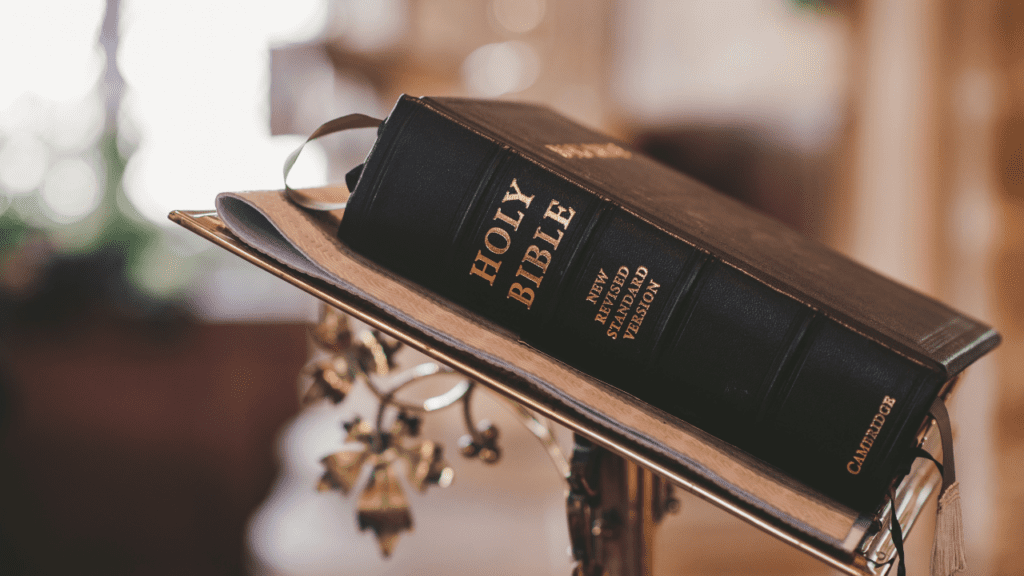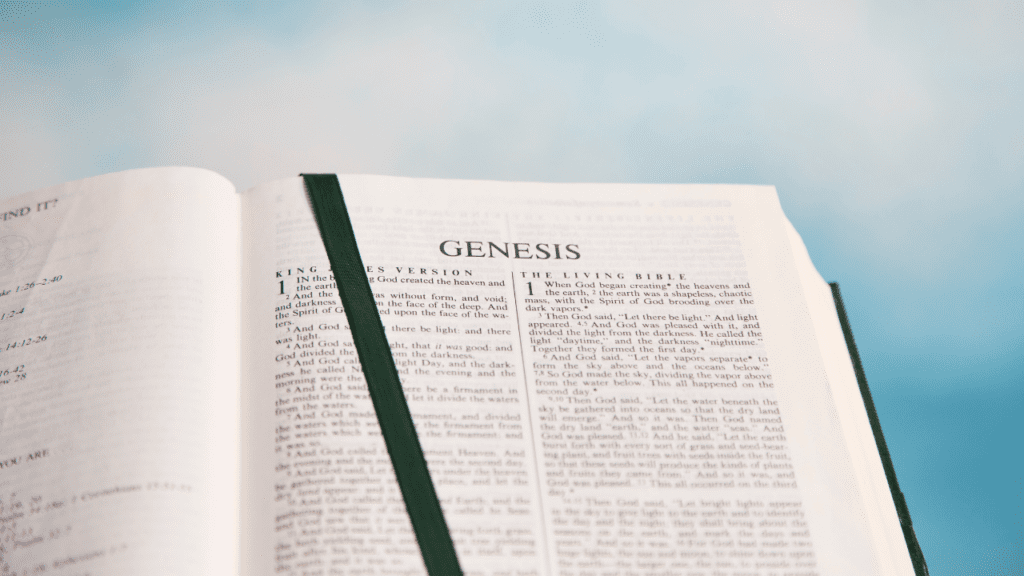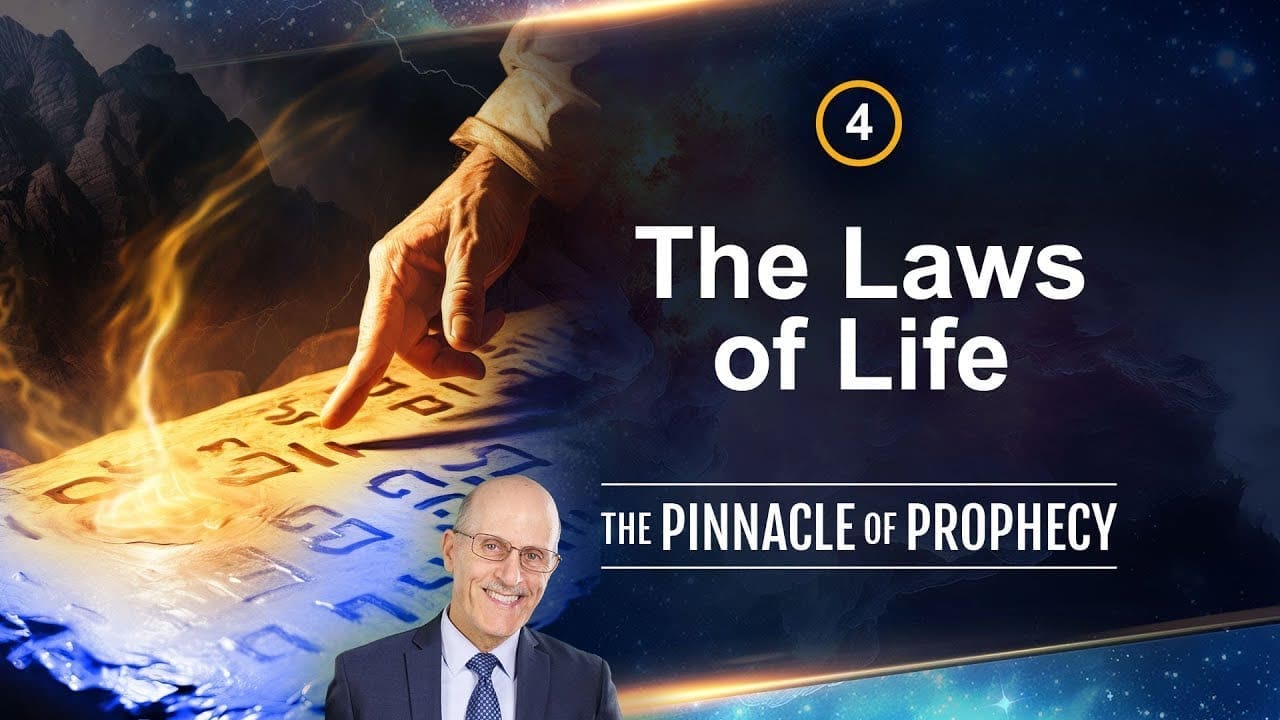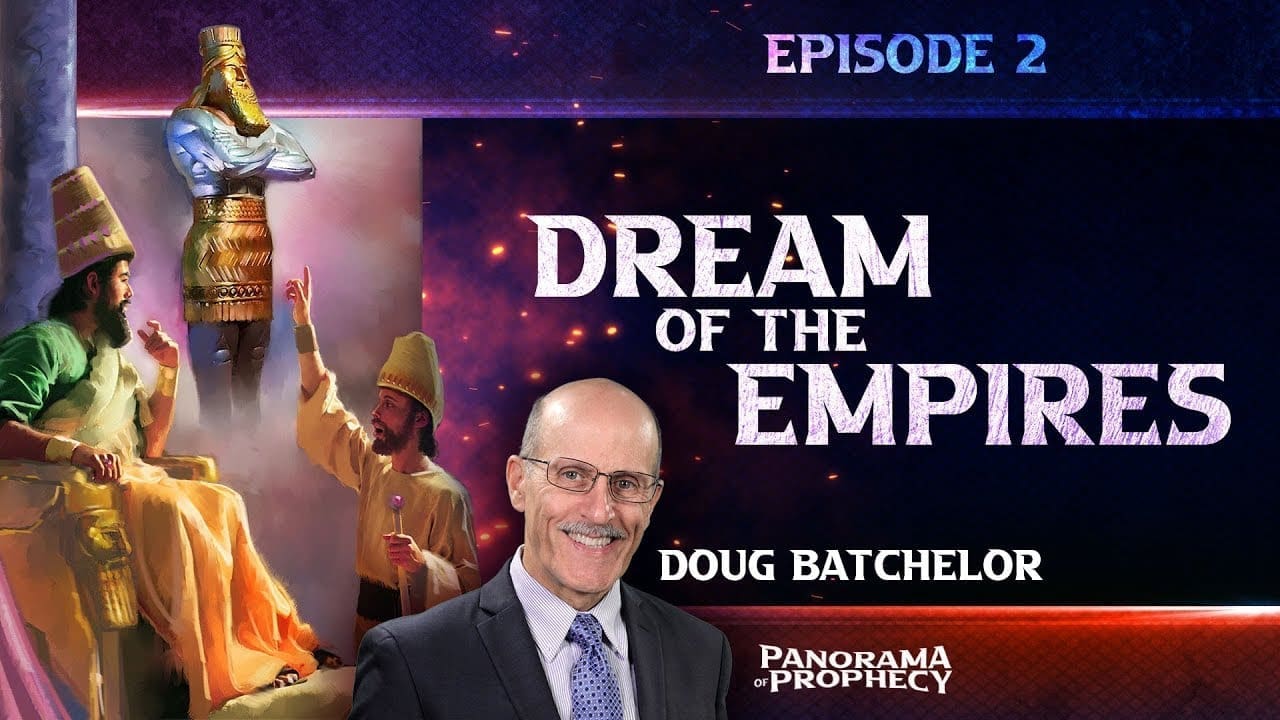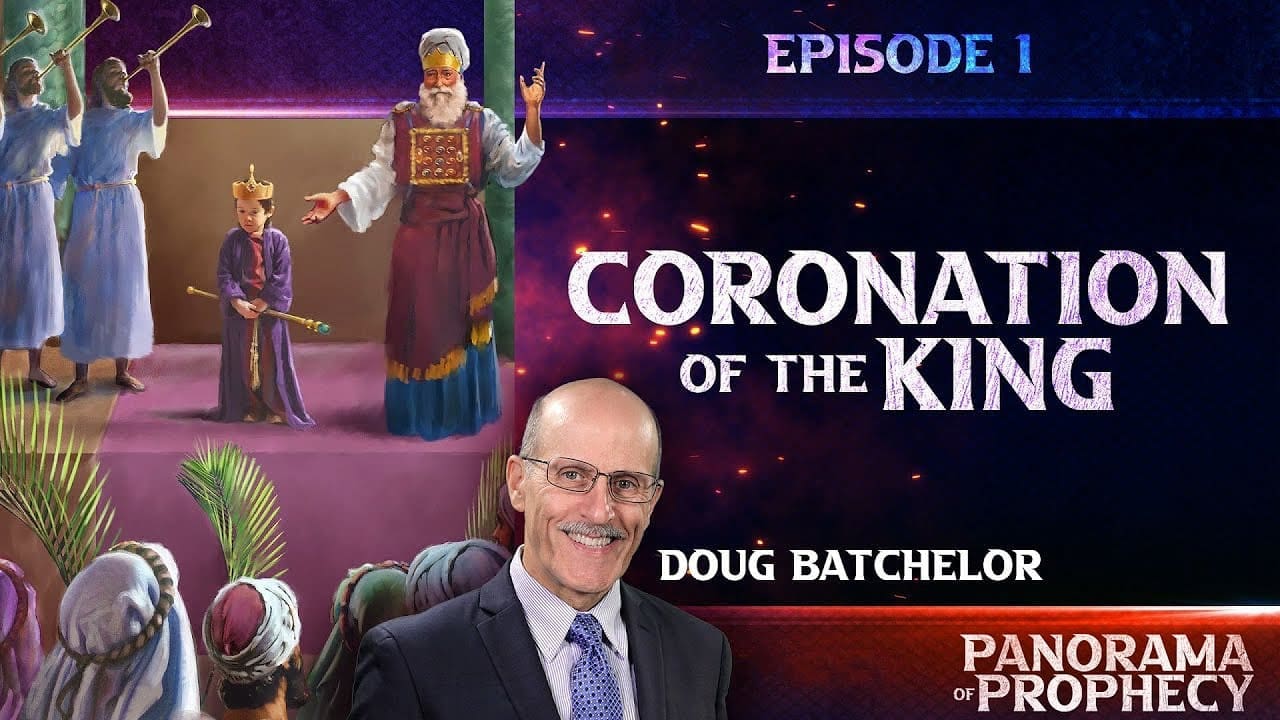The switch from the Julian to the Gregorian calendar did not alter the sequence of days within a week. As a result, the seventh day of the week, which is Saturday, remained unchanged.
The continuity of the weekly cycle is significant because the Sabbath, as observed by Jesus and the early Christians, was always identified as the seventh day of the week. The biblical references you provided, such as Luke 4:16, confirm that Jesus observed the Sabbath on the day we now know as Saturday.
Seeing that the Sabbath day has not changed throughout history allows us to accurately identify the seventh day and continue the observance of the Sabbath in the same manner as it was practiced in biblical times. The Sabbath remains a specific day for rest and worship, and its significance as a memorial of creation and a sign of our relationship with God continues to hold true.
In summary, the historical calendar changes did not affect the determination of the seventh day of the week. Saturday remains the consistent seventh day, and by observing the Sabbath on this day, we align ourselves with the Sabbath observance of Jesus and the early believers.






